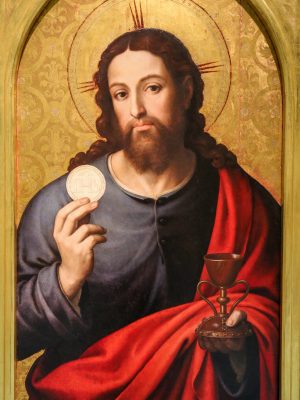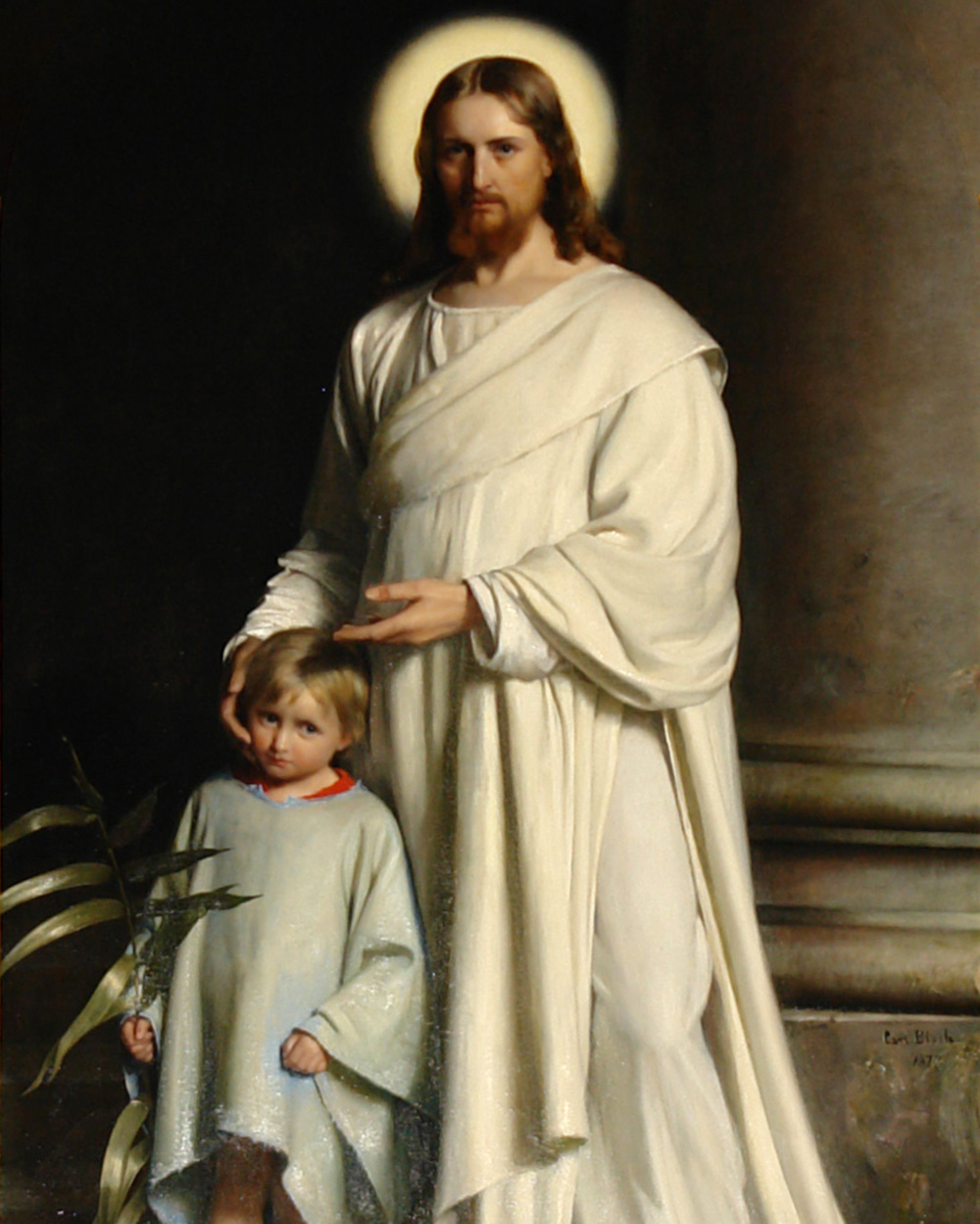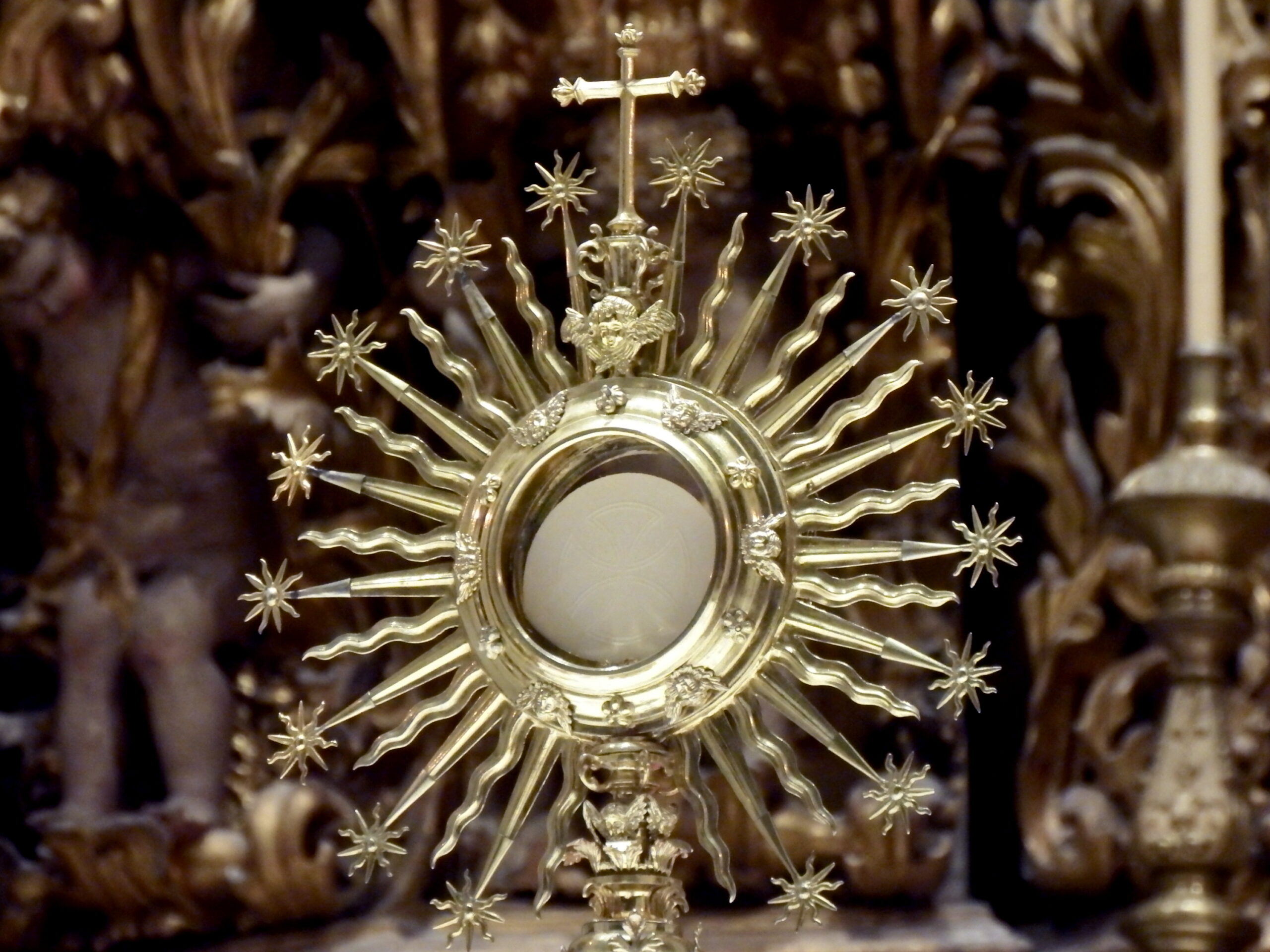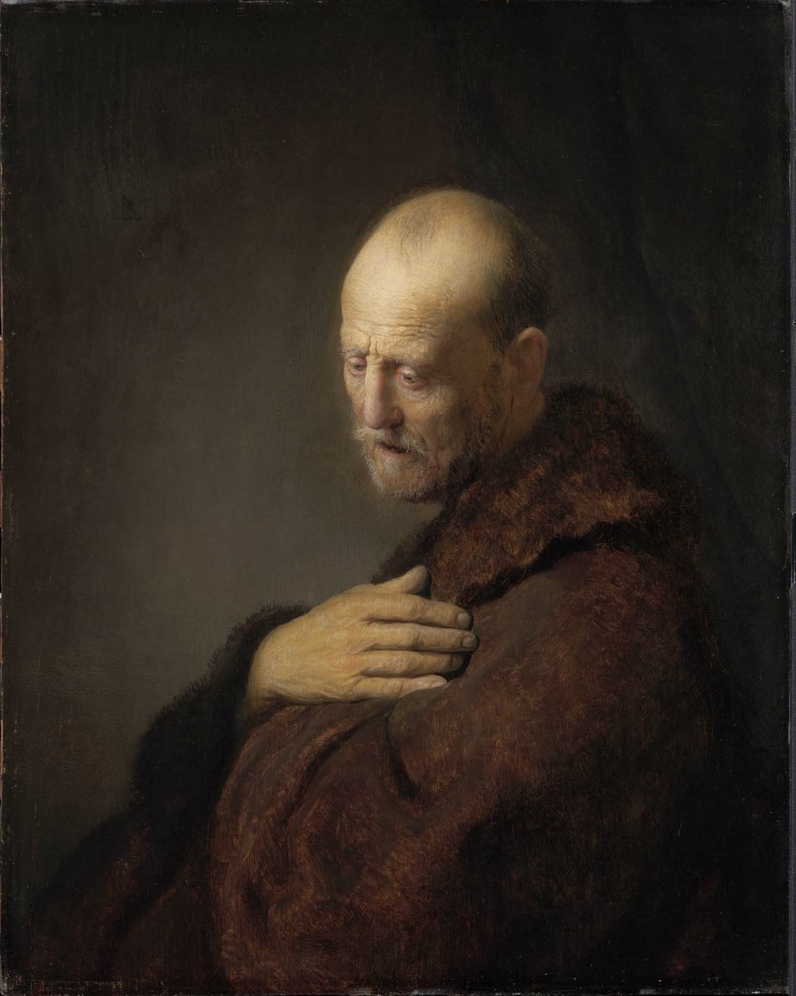There is a correspondence between the natural uses of the matter of the Sacraments and at least some of the effects they produce. For example, an effect of Baptism is that one is born again as an adopted child of God. When one is born naturally, one is wet. When one is born again supernaturally, one is also made wet by water, the matter of the Sacrament of Baptism.
Also, Baptism cleanses the stain of sin from the soul while the body is washed by water. Olive oil has medicinal properties, and the wounded and sick are anointed with olive oil in order to bring about physical healing. In the Anointing of the Sick, the sick are anointed with blessed olive oil for the sake of spiritual healing. Other examples could be brought forward, but this serves to illustrate the point.
Regarding the Eucharist, it can first be noted that the matter of this Sacrament is food and drink. The general effects of food and drink are that they sustain, give increase, restore, and give delight to the recipient.
Food and drink sustain the life of the person – they keep body and soul together. Without nutrients, we would die. They give increase – food and drink are necessary for the body to grow. Food and drink restore what has been lost to the body during its daily toil. And lastly, food and drink give delight to the recipient.
The reception of Holy Communion does all this for the soul. It sustains the life of grace in the soul by providing the recipient aid to avoid falling into sin and restrains and represses the lusts of the flesh. Each fruitful reception of Holy Communion gives an increase of Sanctifying Grace to the soul, making the recipient holier based on the recipient’s disposition. It restores what was lost – it forgives venial sins. And its reception gives delight and an increase of zeal for heavenly things to the souls of those who receive.
But it is important to note that the matter for the Eucharist is not any food or drink, but bread and wine. This is important because the choice of bread and wine as the matter for Communion represents another effect which other types of food and drink might not be able to express. This effect is the greater union and unity with Christ the Head and the members of His Mystical Body.
The word Communion itself contains the word “union,” so it is not surprising that the reception of Communion is in some way concerned with the union of those who receive. This is why Catholics should not receive Communion in non-Catholic ceremonies. The reception of Communion is a public expression of unity with the group holding the ceremony. It would be inappropriate to receive when one is not actually in communion with those celebrating.
Bread and wine are symbols of unity and union because they must be made from many individual items. Bread is made from many grains which are brought together. A decent quality of wine is made from the juice of many grapes. As the grains and grapes are brought together to form bread and wine, so the individual faithful are brought together to form the Mystical Body. This is why, when speaking of Communion, St. Paul wrote to the Corinthians:
“For we, being many, are one bread, one body: all that partake of one bread” (1 Cor 10:17).
Let us then, when we are preparing to receive Holy Communion, ask Our Lord that all of the effects of Holy Communion may be fruitful in us – that It may sustain, give increase to, and restore our spiritual life, that it may give us spiritual delight in Its reception; and that our unity and union with Christ the Head and His Mystical Body may be strengthened.
[Note: this article draws heavily from the Catechism of the Council of Trent, published by TAN Books]






